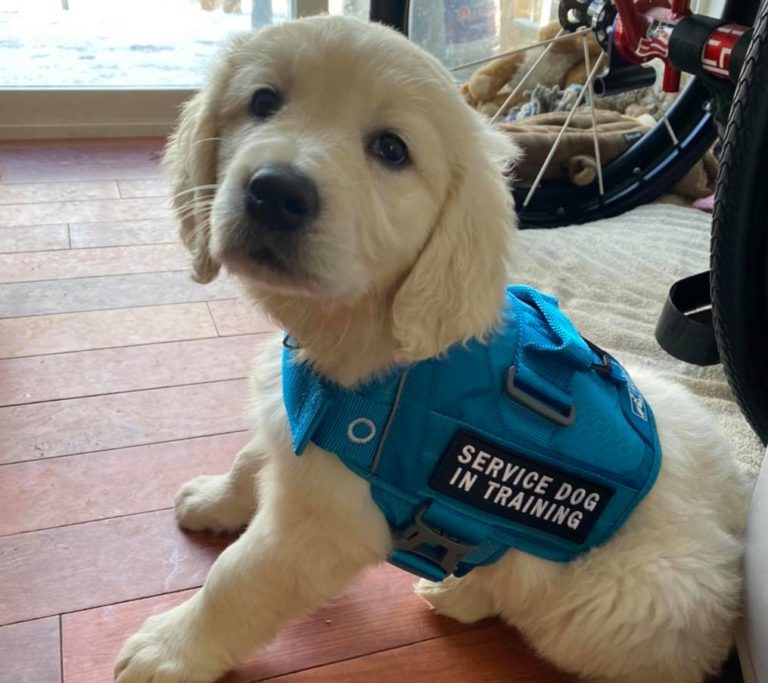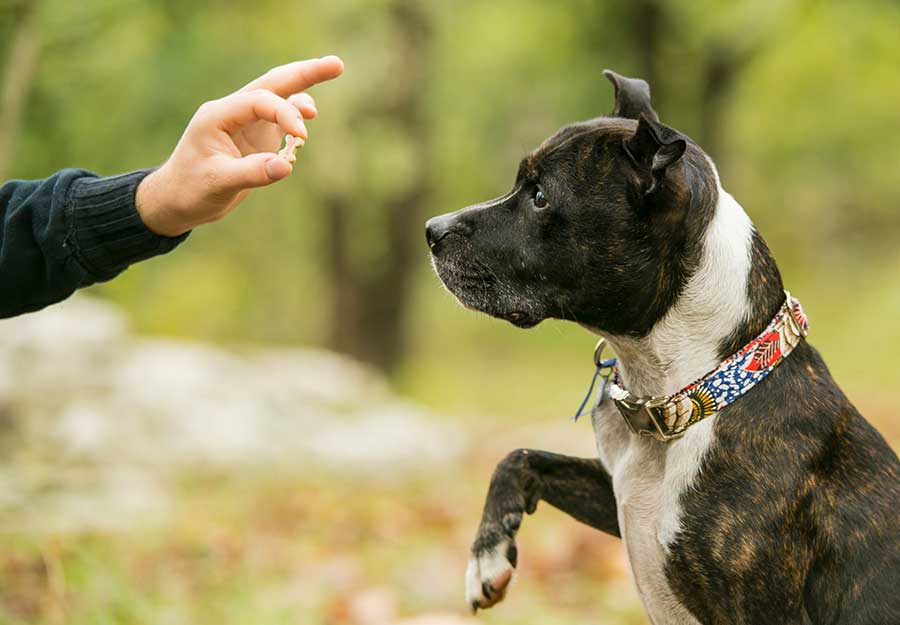Checking Out Choices for Dog Training Charlotte: What You Need to Know
Checking Out Choices for Dog Training Charlotte: What You Need to Know
Blog Article
Unlock Your Canine's Prospective: Proven Pet Dog Training Methods for Success
Reliable dog training is a nuanced process that hinges on understanding canine behavior and employing clinically backed techniques. dog training near me. By integrating favorable reinforcement, establishing clear commands, and prioritizing socialization, canine owners can cultivate an effective relationship with their animals. Obstacles usually emerge that call for tailored services and a patient strategy. Discovering these verified techniques reveals not just the possibility for behavioral improvement yet likewise the deeper bond that can be created between owner and dog. What crucial approaches must be thought about to really open your pet dog's potential?
Recognizing Canine Actions
Comprehending pet habits is essential for efficient training and fostering a favorable relationship in between dogs and their owners. A comprehensive grasp of canine body movement, vocalizations, and social interactions is essential for acknowledging their needs and emotions. Canines connect primarily with non-verbal signs; for instance, a wagging tail may show enjoyment, while pinned ears can signal concern or entry.

In addition, ecological elements play a significant role fit a canine's actions. Modifications in routine, new environments, or the presence of unfamiliar individuals can bring about anxiety or stress and anxiety in pets. Identifying these triggers makes it possible for owners to alleviate negative reactions and develop appropriate training approaches.
Eventually, a deep understanding of canine behavior lays the structure for successful training approaches, enhancing both behavior and the total bond in between the canine and its proprietor. dog training charlotte. This understanding is important for promoting a well-adjusted, pleased canine friend
Positive Reinforcement Methods
Effective training counts heavily on favorable reinforcement strategies, which have been revealed to produce significant lead to shaping preferred behaviors in pet dogs. This method entails compensating a canine for showing particular actions, thus raising the possibility that these actions will be duplicated. Rewards can take numerous forms, consisting of deals with, praise, playthings, or play, depending on what inspires the specific dog.

It is important to progressively eliminate rewards as the pet discovers the habits, transitioning to periodic reinforcement. This approach preserves the behavior with time while stopping dependency on consistent benefits. By concentrating on favorable support, fitness instructors can cultivate a relying on relationship with their pets, promoting a healthy and participating training environment that enhances total obedience and performance.
Developing Consistent Commands
A basic element of effective canine training is the facility of consistent commands. Uniformity in commands is essential for effective interaction between the pet dog and the trainer. When commands are uniform, pets learn to link specific words with preferred behaviors, which speeds up the training procedure and enhances understanding.
To develop regular commands, it is vital that all relative utilize the very same terminology and gestures. For instance, if someone uses "rest" while an additional says "take a seat," it can develop complication for the canine. Select clear, distinct words for commands and make sure everybody associated with the pet's training adheres to these options.
In addition, repetition is key. Strengthen commands with regular technique, ensuring that the dog receives sufficient possibilities to react appropriately. When a dog successfully follows a command, immediate positive reinforcement ought to adhere to. This can be in the form of deals with, praise, or playtime, strengthening the connection between the command and the action.
Finally, be individual. Establishing consistent commands takes time and initiative. With commitment and clearness, you will help your dog create a solid understanding of expectations, ultimately leading to a mannerly buddy.
Socializing and Exposure
Mingling a pet dog is vital for cultivating a well-adjusted and confident friend. This procedure includes subjecting your pet dog to a range of settings, individuals, and other pets to establish their social abilities and versatility. Early socialization, preferably between the ages of 3 to fourteen weeks, is vital, as it lays the groundwork for a dog's future habits.
During socializing, objective to give positive experiences in various settings, such as parks, busy roads, and homes with various other family pets. Introduce your pet dog to various stimulations, consisting of sounds, views, and smells, making sure that each encounter is satisfying. This exposure assists minimize worry and anxiousness, leading the way for a more resistant dog.
Engaging in regulated group play sessions with other pets can also improve social abilities, teaching your family pet ideal interactions and limits. Constantly check your canine's convenience degree during these experiences, slowly raising direct exposure as their confidence grows. Bear in mind, the objective is to create a well-shaped pet dog go to these guys that flourishes in varied scenarios, promoting a harmonious connection with both people and various other pets. Focusing on socialization will considerably contribute to your pet dog's total joy and behavior throughout their life.
Conquering Common Educating Difficulties

One more constant issue is disturbance. Canines might struggle to focus in strange or busy settings. Slowly desensitize your pet to interruptions by beginning training in a silent useful source atmosphere and gradually presenting more stimuli as they come to be competent (dog training charlotte). Positive reinforcement methods, such as deals with and appreciation, can maintain motivation and focus.
Additionally, behavioral problems like leaping or too much barking can come to be frustrating. Address these by teaching alternative habits, such as sitting comfortably when welcoming visitors. Uniformity and perseverance are critical; reinforce desired behaviors consistently and avoid scolding, which can lead to confusion.
Lastly, recognize that each dog is unique, and training timelines might differ. Dressmaker your strategy to your pet dog's specific requirements, and seek professional assistance if required. With perseverance and the right strategies, overcoming these obstacles can bring about a trained, pleased canine companion.
Conclusion
In conclusion, opening a pet dog's prospective necessitates a comprehensive strategy that integrates an understanding of canine habits, the application of positive support methods, and the establishment of regular commands. Early socializing and exposure to varied atmospheres even more enhance a pet's adaptability and self-confidence. By attending to typical training obstacles with customized techniques and perseverance, a unified and cooperative partnership between pet and trainer can be promoted, inevitably resulting in a mannerly companion qualified of flourishing in numerous circumstances.
Effective pet dog training is a nuanced process that pivots on understanding canine behavior and utilizing scientifically backed methods.Understanding pet dog behavior is necessary for effective training and promoting a favorable connection in between dogs and their owners.Reliable training relies greatly on favorable support techniques, which have been revealed to yield considerable outcomes in forming desired habits in dogs. When commands are uniform, pet dogs find out to associate particular words with wanted habits, which increases the training process and improves understanding.
In final thought, opening a dog's prospective requires a thorough method that integrates an understanding of canine habits, the application of favorable reinforcement next page methods, and the facility of regular commands.
Report this page